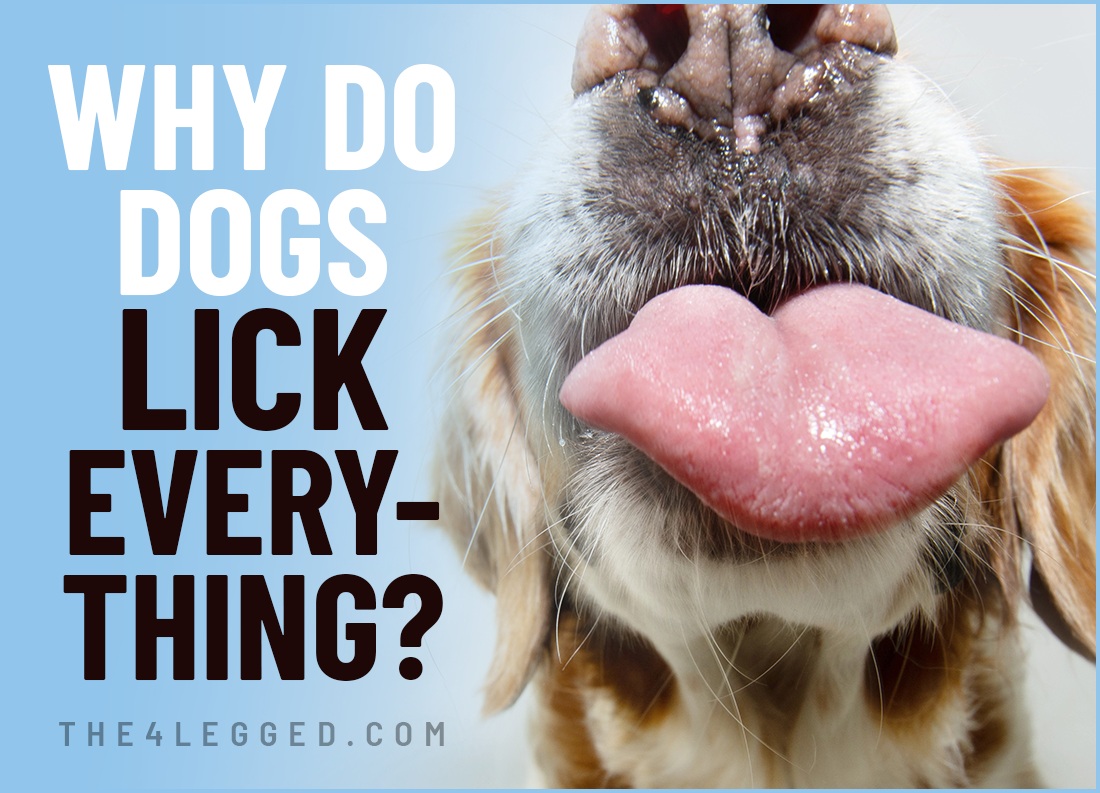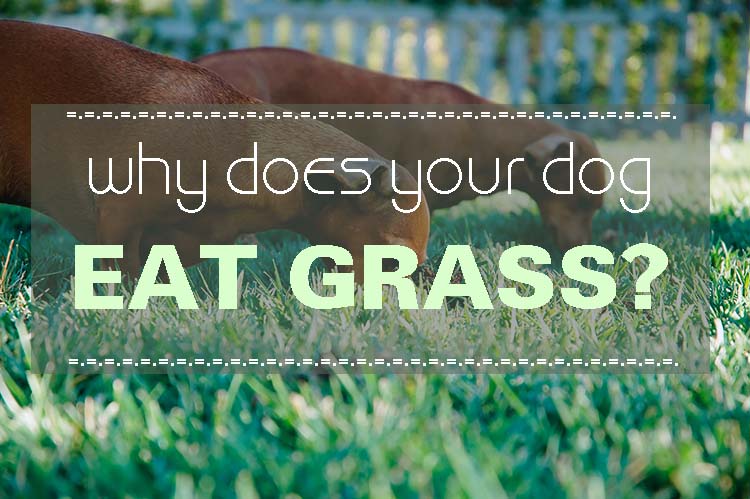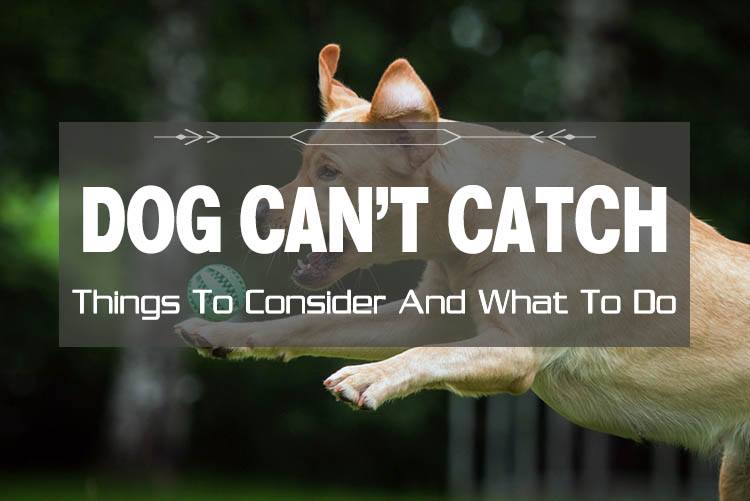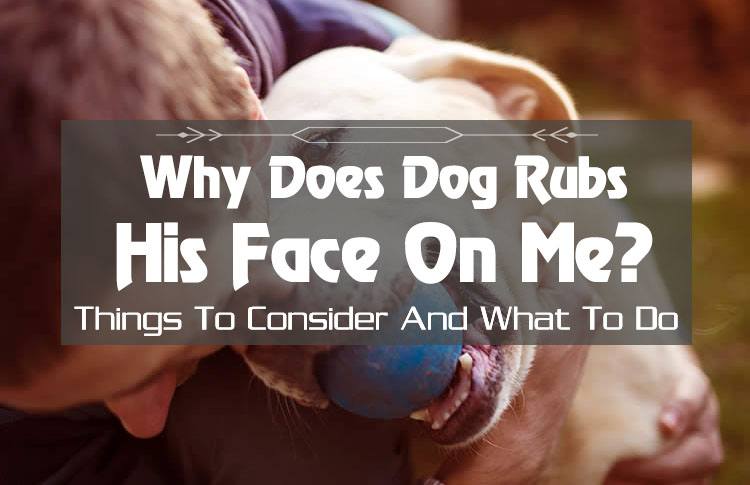Does your pup seem to lick everything, from your hands to the couch and even the floor, as if it is their full-time job? You are not alone in wondering Why Do Dogs Lick Everything, and the answer is more fascinating than you might think. From instinct and affection to stress relief and hidden health issues, each lick tells a story. Keep reading to uncover the surprising reasons behind this behavior and find out when it is perfectly normal and when it might be time to look a little deeper.
Key Takeaways
- Dogs lick as a way to explore their environment, gather information, and communicate with their owners.
- Excessive licking can be a sign of underlying health issues, anxiety, or compulsive behaviors that may require veterinary attention.
- Providing mental stimulation, physical exercise, and a calm environment in your dog’s environment can help reduce excessive licking in dogs.
Exploring Their World
Dogs are naturally curious creatures, and licking is one of the primary ways they explore their environment. Many dogs engage in licking as a way to interact with their surroundings. Just like how we use our hands to touch and feel, dogs use their tongues to taste and smell their surroundings. This natural behavior is driven by their innate curiosity and need to lick things, as dogs lick things to gather information about their world. A dog’s licking helps them understand their environment better.
For instance, your dog might lick surfaces where they detect food residues or even traces of human sweat; many dogs also lick furniture as part of their exploration. This behavior is not just about tasting; it’s about understanding their environment better. So the next time you see your dog licking something unusual, remember that they’re just trying to make sense of their surroundings.
Attention-Seeking Behavior
Have you ever felt a wet nose and tongue on your hand while you’re busy? That’s your dog’s way of saying, “Hey, look at me!” Licking can be a powerful means of communication for dogs seeking attention. They quickly learn that this behavior often results in positive attention from their owners, whether it’s a pat on the head or a playful response.
Sometimes, dogs may even resort to licking objects in their environment as part of their dog’s behavior completely and self soothing behavior attention-seeking behavior. This can become a learned behavior, especially if they consistently receive attention when they lick. If ignored, dogs might actually increase this behavior in an attempt to gain the attention they crave, a phenomenon known as an extinction burst.
Obsessive licking might indicate deeper issues such as obsessive compulsive disorders or a behavioral issue. In such cases, consulting an animal behaviorist can help address the root cause and implement effective behavior modification techniques, especially if the pet is constantly licking.
Affection and Bonding
Licking is also a fundamental way dogs express affection and bond with their human companions and other animals, as is common among companion animals. When your dog licks you, they’re not just showing love; they’re strengthening the connection between you two. This behavior is often seen as a sign of respect and adoration.
Moreover, licking serves to cement relationships within their pack, whether it’s with other dogs or their human family. It’s their way of saying, “You’re important to me.” This natural behavior is crucial in maintaining social bonds and ensuring the pack’s harmony, and the licking continues.
Stress and Anxiety Relief
Dogs, much like humans, experience stress and anxiety. For some dogs, licking becomes a coping mechanism to self-soothe during these challenging times. You might notice your dog licking furniture or other surfaces when they’re stressed or anxious. A dog’s anxiety can be triggered by various factors, including changes in routine or environment.
Licking triggers the release of endorphins, the body’s natural feel-good chemicals, which can help your dog feel more relaxed and happy. This dog lick repetitive behavior can be difficult to interrupt, indicating underlying anxiety or other stress-related issues.
To help reduce your dog’s separation anxiety, consider:
- Providing mental stimulation through toys and interactive games in your dog’s environment
- Creating a calm environment with soothing music and calming aids
- Minimizing exposure to loud noises and other environmental stressors that may trigger anxiety.
- Consulting with a veterinarian or animal behaviorist for a tailored treatment plan.
Health-Related Reasons
Sometimes, excessive licking can be a sign of underlying health issues. Dogs may lick persistently due to medical conditions, infections, gastrointestinal troubles, or even a medical condition that requires prompt attention. Recognizing these signs early and consulting a veterinarian is crucial to address the root cause and prevent further complications.
Ignoring your dog’s excessive licking can result in self-trauma or secondary infections due to skin irritation. Monitoring your dog’s behavior and being aware of your dog’s excessive licking, and seeking veterinary care if you notice persistent licking, redness, swelling, or raw spots on their skin is crucial, especially if a medical condition is suspected.
Let’s delve deeper into specific health-related causes such as allergies, gastrointestinal issues, and the underlying cause of genetic predisposition to skin infections and other symptoms.
Allergies
Allergies are a significant cause of itchy skin, leading to excessive licking in dogs. This constant licking can worsen skin redness and even lead to infections if left untreated. Common allergens include certain foods, environmental factors, and even flea bites.
If you notice your dog licking incessantly and visible signs of skin redness or irritation, it’s essential to seek veterinary care. Your vet can diagnose the specific allergens and provide appropriate treatments, such as oral medications or changes in diet, including a thorough review of your dog’s diet to identify potential food allergens, to alleviate your dog’s discomfort.
Gastrointestinal Issues
Gastrointestinal discomfort is another common reason why dogs might lick surfaces or themselves. Conditions such as acid reflux or liver disease can also cause gastrointestinal discomfort, leading to excessive licking as a symptom. When experiencing an upset stomach, dogs may lick excessively as a way to soothe their discomfort. This behavior can also indicate nutritional deficiencies or other underlying gastrointestinal issues.
If you suspect gastrointestinal upset, consulting a veterinarian is crucial. Early diagnosis and treatment can prevent more severe health problems and alleviate your dog’s discomfort.
Skin Infections
Skin infections can cause significant irritation, leading to increased licking in dogs. This repetitive licking behavior is often an attempt to relieve the discomfort caused by the infection. Look for signs such as redness, swelling, or hair loss, which can indicate a skin infection.
If you notice these obvious signs, it’s essential to consult a veterinarian for a thorough evaluation. Treatment may include oral antibiotics or other medications to address the infection and prevent further complications. Fungal infections are another possible cause of skin irritation and should be considered during diagnosis.
Cognitive Dysfunction in Older Dogs
As most dogs age, they may develop cognitive dysfunction, similar to dementia in humans. This condition can lead to various behavioral changes, including excessive licking. Middle-aged or older dog’s displaying such behavior should be evaluated for cognitive dysfunction and other medical issues.
Treatment options for cognitive dysfunction include behavioral causes and environmental modification along with drug therapy. Ruling out potential medical causes is necessary before starting any treatment for excessive licking.
Compulsive Behaviors
Compulsive licking in dogs can mirror obsessive-compulsive behaviors seen in humans. This dog’s excessive licking may indicate canine obsessive-compulsive disorder (OCD), which requires professional intervention. Dogs that experience limited socialization or harsh environments may develop such compulsive behaviors. Environmental factors such as boredom can also contribute to these compulsive behaviors and compulsive behavior. Recognizing the signs and seeking help from a veterinarian or animal behaviorist is crucial.
Treatment options for canine OCD may include anti-anxiety medication, behavior modification therapy, and environmental management. Modifying your dog’s behavior through positive reinforcement and consistent training is essential for long-term improvement. Addressing these issues early can prevent further complications like raw spots or fur loss due to obsessive licking.
Environmental Factors
Changes in a dog’s environment, such as moving homes or the arrival of a new baby, can lead to anxiety and compulsive licking behavior. Recognizing and addressing these changes is crucial to managing your dog’s licking habits. Modifying your dog’s environment to reduce stressors can help minimize unwanted behaviors.
Boredom is another significant factor, and excess energy can also contribute to compulsive licking in pets. Dogs that lack mental and physical stimulation might resort to licking furniture or other non-food items. Providing adequate mental and physical activities can help reduce this behavior.
How to Address Excessive Licking
To address excessive licking, it’s essential to provide your dog with various stimuli to reduce boredom-related habits. Engaging them with interactive toys and regular physical exercise can significantly decrease their licking behaviors. Offering chew toys provides a healthy outlet for their need to chew and can help redirect excessive licking.
Mental challenges, such as puzzle toys, can keep your dog stimulated and less likely to lick excessively. Desensitization techniques can also help manage anxiety triggers that lead to excessive licking.
Providing a safe space with comforting items can help reduce anxiety-related licking. Access to a favorite toy can also provide comfort and help your dog self-soothe during stressful times. Increasing exercise and social interaction can further alleviate stress and reduce obsessive licking.
Summary
Dogs lick for many reasons, from simple curiosity and affection to stress relief or even underlying health concerns. Understanding what drives this behavior helps you know when it’s just a normal quirk and when it might need attention from a veterinarian or a change in routine.
Want to learn more about caring for your canine companion? Explore our dog-care guides and dive into more insights on common dog behaviors to keep your pup happy, healthy, and thriving.
Frequently Asked Questions
Why does my dog lick everything?
It’s pretty common for dogs to lick everything as a way to explore their world, seek attention, or even show affection. If you notice excessive licking, it might be worth checking in with a vet to rule out any health concerns.
How can I stop my dog from licking excessively?
To curb excessive licking in your dog, make sure they’re mentally and physically stimulated with interactive toys, and consult your vet to rule out any health issues. It’s all about keeping them engaged and healthy!
Is licking a sign of affection in dogs?
Absolutely! When your dog gives you a lick, it’s usually their way of showing love and strengthening your bond.
Can anxiety cause my dog to lick excessively?
Absolutely, anxiety can make your dog lick excessively as a way to cope. Tackling their anxiety can really help curb that behavior.
Should I be concerned if my dog licks constantly?
If your dog is licking constantly, it’s definitely something to pay attention to, as it could signal health or behavioral issues. A chat with your veterinarian can help uncover the cause and get your furry friend back to normal.




